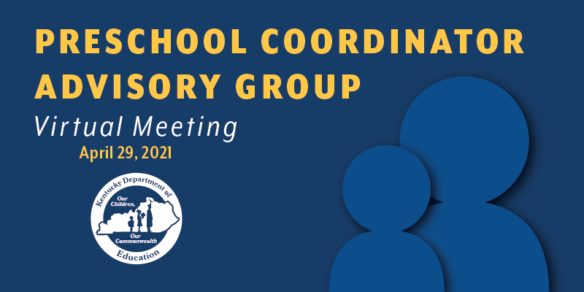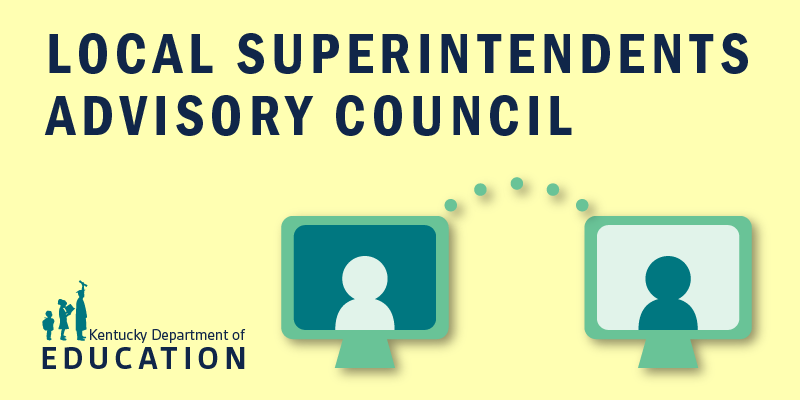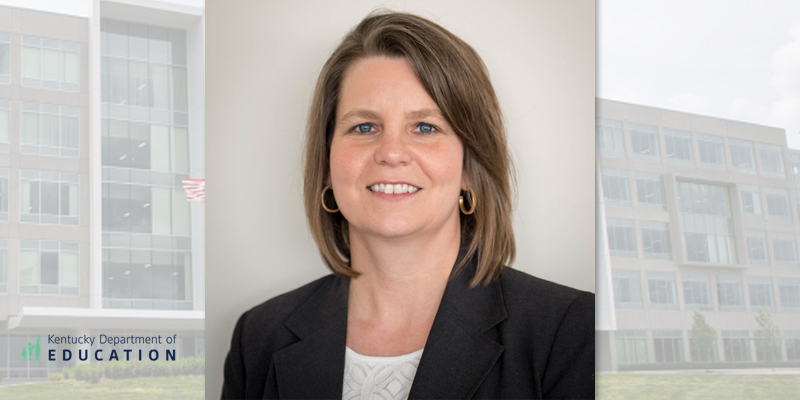 Nearing her one-year mark as executive director of the Governor’s Office of Early Childhood Education, Amy Neal laid out the office’s priorities during the April 29 meeting of the Kentucky Department of Education’s (KDE’s) Pre-school Coordinator Advisory Group (PCAG).
Nearing her one-year mark as executive director of the Governor’s Office of Early Childhood Education, Amy Neal laid out the office’s priorities during the April 29 meeting of the Kentucky Department of Education’s (KDE’s) Pre-school Coordinator Advisory Group (PCAG).
“I’m passionate about the subject because I’ve seen firsthand how education can impact someone’s life,” said Neal.
Before Neal began working in her current role, she said she researched the office’s past work and found Kentucky was one of the first states to set up an office dedicated to early childhood education.
While this is an achievement for which Neal still hears praise, she says Kentucky still has too many children who are starting school behind.
“We want to build on our strengths,” Neal said. “That’s our roadmap.”
In 2019, a strategic plan was developed with two major priorities: to unify the early childhood system and strengthen and cultivate community partnerships.
On Thursday, Neal provided the PCAG with updates on the strategic plan.
The Office of Early Childhood Education has applied for two large grants, the first being a $1.2 million Early Childhood Comprehensive Systems federal grant which supports best practices in maternal health and early childhood systems – early childhood agencies, stakeholders and partners working together. A letter of intent was submitted for the Early Childhood Governance and Financing Systems grant from the New Venture Fund for $1 million over three years that supports innovation and effective education systems.
“It was a strong application,” said Neal. “I’m excited about that.”
Neal said her office is evolving the Early Childhood Institute, a yearly early childhood education and professional development networking event, into a series of year-long, high-quality trainings with both online and in-person opportunities. The office also is working with national content specialists to revise current standards on technology for 3- to 4-year-olds, and an Approaches to Learning standard.
Neal said she is proud of how her office has been providing technical assistance, training and support to community early childhood councils through webinars that focus on data-driven practices and excellence in the field. The office recently has seen a 150% increase in participation in these webinars.
“We’re working very closely with our partners to change strategies from those sort of one-time activities to that long-term behavior change,” said Neal.
PCAG Priority Work
PCAG members later discussed their thoughts on how quality in early childhood education will be ensured and measured in the future.
Kristy Lewis, preschool coordinator from Calloway Early Childhood Regional Training Center and PCAG co-chair, said she enjoys using the Classroom Assessment Scoring System (CLASS) as a tool for measurement because it looks at classroom interactions. CLASS is a measurement tool used in infant through grade 12 caregiver interactions and classrooms.
“I think coming back from the pandemic, it’s going to be really important to look at that social-emotional development and those quality interactions,” said Lewis.
Barry Lee, preschool coordinator from Berea Early Childhood Regional Training Center agreed, but added that it’s important to have a model process to introduce foundational academic skills like math and reading.
“When they start kindergarten, they are going to see the numbers and the letters, and hear the terms adding and subtracting,” said Lee. “[It’s important to] ensure the foundation of math and reading is embedded in the preschool classroom.”




Leave A Comment